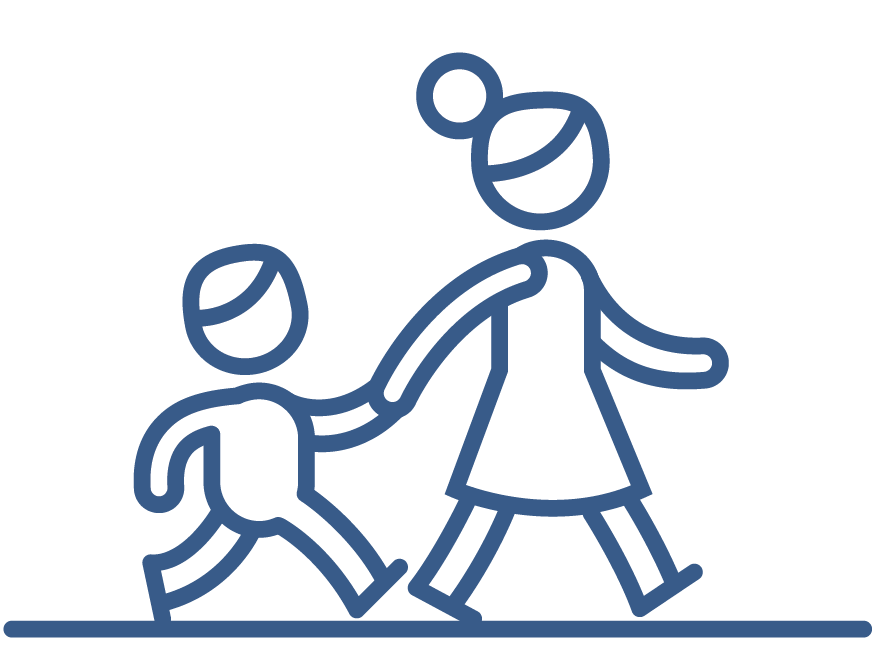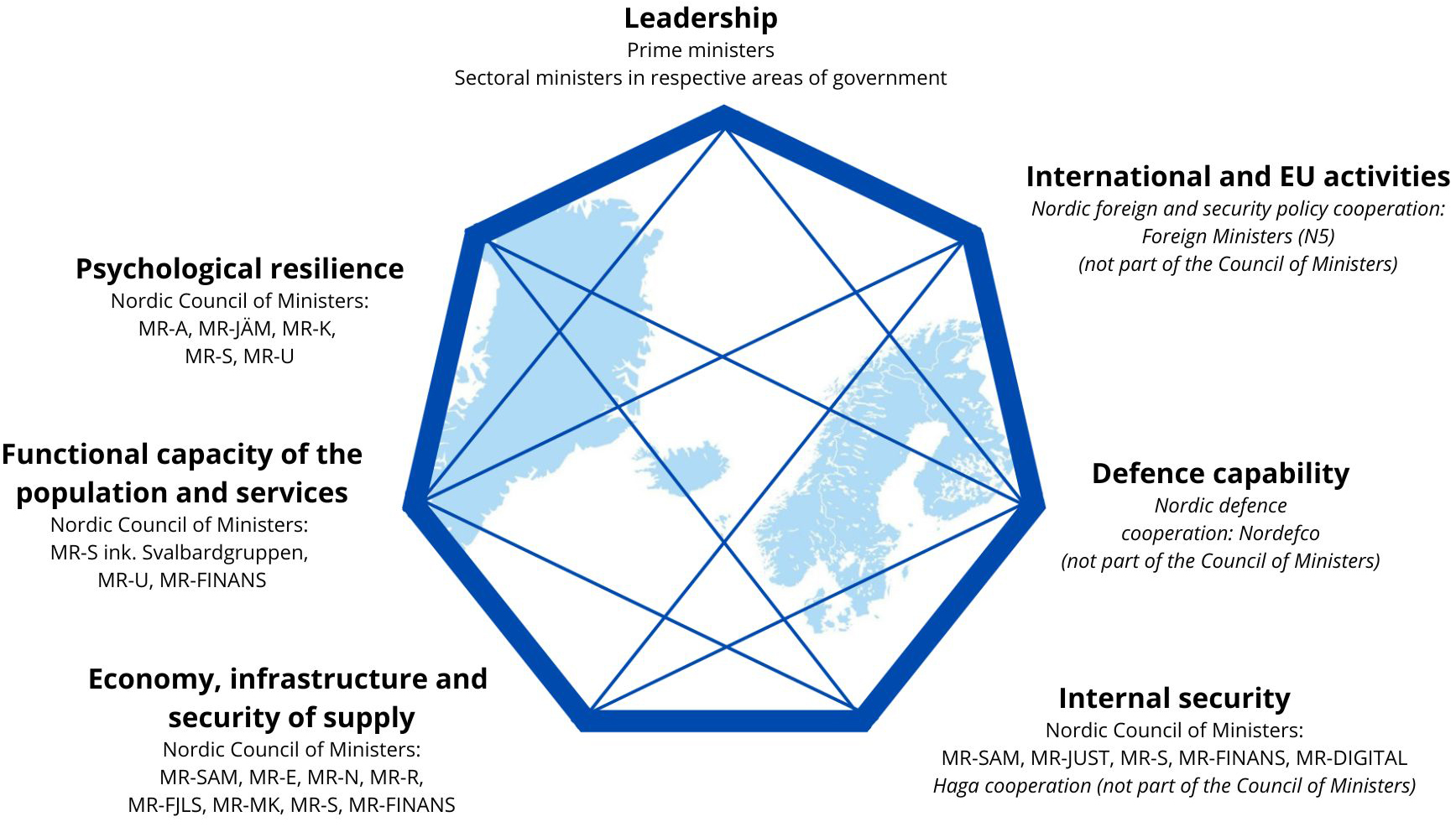FOCUS ON THE SECURITY OF SOCIETY AND ON CHILDREN AND YOUNG PEOPLE
During its presidency, Finland will pay particular attention to the security of society, including crisis preparedness and resilience, as well as to children and young people.
During the presidency, we will stress the need to improve the resilience of the Nordic countries and promote comprehensive and extensive preparedness for various crises and hybrid threats. The Faroe Islands, Greenland, and Åland must be given the opportunity to participate in this work. The development of the Nordic countries’ resilience and capacity to act in the event of crises must be consistent, and all policy sectors must be taken into account in a co-ordinated manner in order to step up preparedness. Nordic governmental co-operation in the ministerial councils provides an effective framework for this. The Nordic Region must be a strong player in Europe that can quickly and efficiently react to crises such as natural disasters, pandemics, and organised crime. In the EU, Finland is pursuing its proposal for the drafting of a strategy for an emergency preparedness union.
In a changing environment, it is important that the authorities give consideration to guaranteeing the continuity of key societal functions, the handling of disturbances such as cyberthreats, security of supply, and emergency preparedness. National co-operation models are in place in all the Nordic countries for how stakeholders share and analyse security-related information, as well as for how they plan, practise, and act together. The COVID-19 pandemic taught us how important it is that all sectors of society act in crisis situations in order to safeguard civic resilience, participation, and recovery. The stability of Finnish society is based on its operational model for overall security, i.e. the ability to maintain society’s vital functions whatever the circumstances, which requires flexible co-operation between the authorities. Finland is prepared share with other countries its know-how and the lessons it has learnt regarding general security and general defence.
Measures at the national level need to be supplemented with Nordic co-operation. During the presidency, efforts relating to preparedness and resilience will be pursued within the various sectors of the Nordic Council of Ministers. These efforts include skills development, foundation studies, research, and progress towards joint preparedness, such as in the form of risk mapping. Finland stresses the importance of a clear overall picture to improve preparedness and develop co-operation. The efforts within the Nordic Council of Ministers help to make the Nordic Region as strong, prepared, and resilient as possible.

The focus of Finland's and Åland's presidency is on the security of society, inherent preparedness and resilience, and children and young people.
NORDIC CO-OPERATION Societal security, including civilian crisis preparedness and resilience; The functions vital for society

Trust plays an important role both when it comes to preventing and dealing with crises. Training and culture-based services support the civic knowledge and skills needed in a changing society. Civic welfare, health, and action, alongside the prevention of marginalisation and an equitable and democratic society, underpin social stability and a sense of justice. Activities within civil society organisations, churches and other religious communities, and other agencies give a country’s inhabitants a social frame of reference that establishes trust and a just society for all.
Security of supply is the basis for a society’s overall security. Finland is strengthening Nordic co-operation on emergency preparedness and security of supply. The security of food and energy supplies is an essential aspect of the security of supply. Finland is pursuing the creation of a Nordic network for the security of supply. The initial steps of the network are to evaluate Nordic issues regarding the security of supply and the preparations that can be made at the Nordic level, and to draft an action plan.
Together with Åland, Finland is promoting the rights of children and young people and welfare and participation in the Nordic Region. The Nordic Council of Ministers’ work with children and young people should be systematically followed up on. Children’s rights must be protected by putting children’s best interests first, which also means strengthening the participation of children and young people. The UN Convention on the Rights of the Child, which guides the work of the Nordic Council of Ministers, is exceptionally comprehensive and detailed. Children have the right to the protection and care they need, which obligates adults to ensure that children’s rights are exercised and to protect children from their rights being neglected.